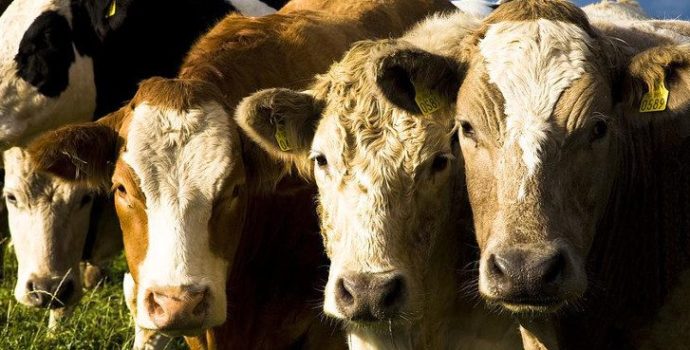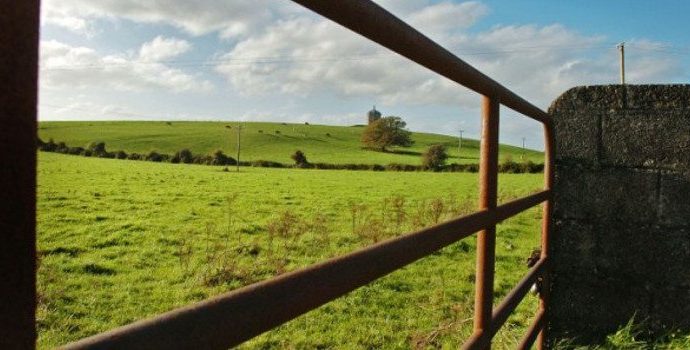Risk Management Instruments Needed to Assist European Dairy Farmers – O’leary

Speaking from Normandy where he was this week attending the first European Dairy Meeting organised by the French dairy farmers’ union, FNPL, IFA Dairy Chairman Sean O’Leary said it was important that the current severe milk price slump would encourage European farmers to press their policy makers and industry stakeholders to urgently develop instruments to help them deal with extreme volatility.
“Our French colleagues’ analysis of the causes of the current downturn are the very same as ours: excessive global milk supplies at a time when global demand has been dented by the absence of China and Russia, and retailers leveraging those global trends to improve their margins at farmers’ cost,” Mr O’Leary said.
“The €500m package introduced by the EU Commissioner last month, while welcome, was not the correct response for French or European dairy farmers. The EU Commission’s unwillingness to review the intervention price levels was a missed opportunity at a time when the effects of extreme milk price volatility have left most European dairy farmers producing at a loss,” he said.
“This newly extreme volatility is now cyclical, and this situation will reoccur. It would therefore be wise for the EU to provide a genuine safety net that reflects the evolution of production costs as it is meant to in CAP legislation. Contrary to what Commissioner Phil Hogan contends, this does not amount to creating an alternative market,” he said.
“I believe we farmers need to work together in Europe to press for practical instruments to help farmers deal with the extreme income variations they are now facing. In France, limited forms of supply management through contractualisation already exist, and some farm leaders suggest that this could be part of a European solution. While I can understand this in a country selling 90% of its milk through the domestic retail trade, it would not work for exporting countries. Also, European production management under quota has not protected us from global price trends in the last eight years,” he said.
“I want to see the European debate evolve to reflect the debate we’re having with our Irish banks, our Government and our industry stakeholders: we need flexible financial products with internationally competitive interest rates, individualised income equalisation options for taxation purposes facilitated by flexible EU state aid rules, and voluntary access to more fixed price/margin supply contracts and other forms of hedging,” he concluded.




